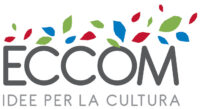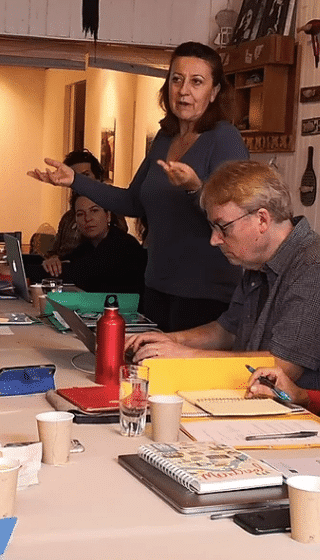The second phase of the capacity building of Contested Desires has been completed, a series of webinars between July and September focusing on the theme Crafting Nations, about the role of heritage in the creation of nations. The capacity building program is curated by Cristina Da Milano and François Matarasso.
The program is divided into three sub-themes and began in February 2020 with a two-day seminar around the topics Heritage and Identities, hosted by the project partner LAC in Lagos (Portugal).
Crafting Nations was the second major theme at the centre of the most recent capacity building, a series of three webinars which, between July and September, analysed the role of heritage in the political, cultural and economic creation of nations. All over the world we are seeing protests calling for equality for all citizens, to rethink the relationships we have with each other and the way our stories are told and our heritage presented. These requests are neither new nor limited to one country. From the removal of historic monuments and proposals for new memorials, to calls for educational reforms, we are rightly questioning the connection between past and present and questioning the ways in which national identities are constructed.
The first conversation, facilitated by Cristina Da Milano and Francois Matarasso, was attended by Tiger de Souza (National Trust) and Sajida Carr (Creative Black Country). The poet Degna Stone was invited to reflect on the contents that emerged during the meeting, now merged into a contribution entitled Crafting Nations: The need for radical change (The podcast and the text are available here).
The workshops offer artists and partners the opportunity to immerse themselves in local contexts taking into deep consideration the sub-themes drawing on the perspectives and experiences of the speakers in the fields of heritage, arts, sociology, cultural policy and gender equality. Each workshop aims to expand shared knowledge, as well as stimulate and inform the practice of partners and artists.
The third phase of the capacity building program, dedicated to the topic of Heritage and Gender, is scheduled for February 2021.




